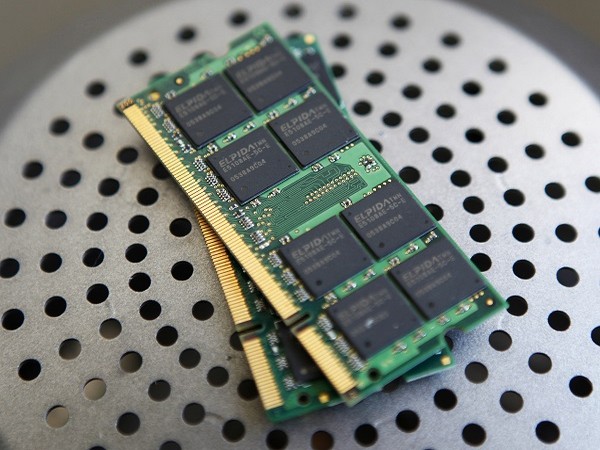As part of US-led efforts to stop China from creating high-end semiconductors suitable for military applications, Japan’s curbs on the export of advanced chip-making equipment went into effect on July 23, 2023, Kyodo news reported.
Japan included 23 goods used in chip fabrication that need authorization for export with the modification of a trade ministry ordinance under the foreign currency law. The Kyodo News is a nonprofit cooperative news agency based in Minato, Tokyo.
This will make it harder for China to import the high-tech chip-making tools, industry watchers said and is expected to provoke a response from Beijing.
“Producing cutting-edge semiconductor devices will be almost hopeless for China, at least in the short term and medium term,” says Yoshiaki Takayama, a research fellow at the Japan Institute of International Affairs.
Reactions from China
China’s government appealed to Japan on July 24, 2023, not to disrupt the semiconductor industry after curbs on exports of Japanese chip-making technology took effect, adding to technology restrictions Washington and its allies have imposed on China on security grounds.
In apparent retaliation for US semiconductor export limits that target China, Beijing has declared that it will limit the exports of gallium and germanium, two rare earth metals essential for chip manufacture, starting next month, according to Kyodo news. The Chinese Semiconductor Industry Association submitted comments to the Japanese government. The Chinese Semiconductor Association represents 900 Chinese companies and firms.
China’s semiconductor industry fears Japanese curbs on exports of crucial chipmaking equipment will be so broad that they risk hitting its production of lower-grade silicon, used in everything from cars to washing machines.
The Chinese semiconductor organisation called on its government to take decisive countermeasures if the Japanese government insists on destroying the friendly and cooperative relationship between the Chinese and Japanese semiconductor industry.
The ruling Communist Party (CCP) has invested billions of dollars in building Chinese chip foundries but needs Western and Japanese technology to produce the most advanced chips. That threatens to delay Beijing’s efforts to develop tech industries.
Export Controls imposed by the USA
In October last year, the US came up with a set of export controls on certain high-end chips that China could use to train artificial intelligence systems and modernize its military. The US also asked Japan and the Netherlands, which possess advanced chip-manufacturing technologies, to follow suit as well.
The United States, a crucial security ally of Japan, South Korea, and Taiwan, are among the 42 nations and regions to whom the Japanese government has made it easier to export such technology, reported Kyodo news.
As a result of the new rules, Japan’s list of prohibited commodities now also includes cleaning, examination, and lithography equipment. Lithography is a method that allows for the creation of intricate patterns that can be etched into semiconductor wafers, which are necessary for the manufacture of cutting-edge chips. The laws are anticipated to have an impact on about ten Japanese manufacturers of this equipment
Concerns of Japan-
For Japan, the bigger concern is how Beijing will respond to the export controls. Tokyo remains worried that targeting China will provoke damaged retaliation, such as a ban on Japanese electric cars. A third Japanese industry official said that “What advantage is there to making someone lose face unless that is your objective.”
According to Wei Shaojun, a professor at Tsinghua University said that “As Japan restricts its exports of advanced semiconductors equipment to the Chinese mainland, Japanese companies are also bound to suffer losses.” For major Japanese chip-making equipment makers, the mainland market contributes twenty to thirty per cent of the sales revenue.



















Comments